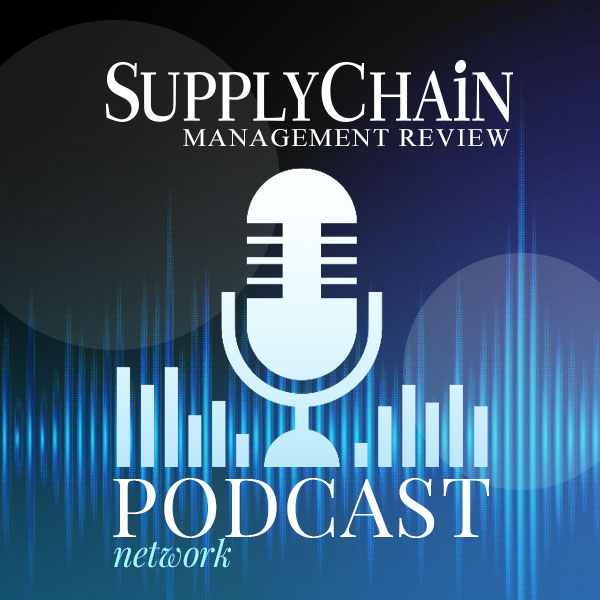As noted in an earlier blog post, leaders of the world's central banks recently warned that the escalating trade tensions could ricochet through financial markets and hurt the world economy, warns FTR analyst Steve Graham.
Avery Vise, vice president of trucking for FTR, adds that among the multiple impacts anticipated by trade policies might include inflation.
“And if that happens it will certainly be felt in the supply chain sector, as consumer demand falters and less freight moves on our roads and railways.”
FTR's Vise takes issue with analysts who describe current negotiations with China as a “chess match.”
“It's more like a game of ‘Chicken,' to me,” he says. “Neither side wants to back down.”
Many of the trade experts speaking at the recently concluded USC Marshall 6th Annual Global Supply Chain Excellence Summit in Los Angeles came to the same conclusion.
Daniel Krassenstein, Director of Asia Operations, Procon Pacific, LLC, noted that China has demonstrated its willingness to endure hardship in the past, and will let its economy “crash” before capitulating.
“U.S. trade policy is not in alignment with our Canadian allies, which also hurts us,” he said. “For example, when China found our lobsters too expensive, they began sourcing them from Newfoundland to avoid tariffs.”
He also said that a trade war will only serve to accelerate a trend in place now set by China to manufacture goods in Vietnam and India.
“These are the low labor cost countries now,” he said. “But let's keep an eye on Indonesia, Ghana, and Ethiopia too. The global value chain is constantly shifting, and U.S. shippers have to anticipate changes in trade policy to stay agile and responsive.”
Guido Gries, Managing Director, Dachser Air & Sea Logistics Americas, said auto manufacturers are especially vulnerable to policy changes, because of the huge number of auto components sourced from various global plants.
“Brexit is going to make this even worse for some manufacturers and shippers,” he added.
Jeff Weiss, Partner, Venable, and former Deputy Director for Policy and Strategic Planning at the U.S. Department of Commerce, described the current trades situation as “fluid,” adding that it's too soon to panic.
“But personality is policy,” he said. “Our president is using his own tough bargaining methods to leverage these global deals. Unfortunately, supply chain managers must adjust to these changes, since our nation does not integrate trade and transportation departments like other countries do.”
SC
MR

Latest Supply Chain News
- Few executives believe their supply chains can respond quickly to disruptions
- Technology’s role in mending supply chain fragility after recent disruptions
- Tech investments bring revenue increases, survey finds
- Survey reveals strategies for addressing supply chain, logistics labor shortages
- Israel, Ukraine aid package to increase pressure on aerospace and defense supply chains
- More News
Latest Podcast

 Explore
Explore
The Academy News
- AI, virtual reality is bringing experiential learning into the modern age
- Predicting stockouts: Enhancing FMCG resilience through data-driven insights
- Finding the Right Approach for Supply Chain Education
- The Supply Chain Triad
- Innovating Supply Chain Higher Education with Generative AI
- How Smart Supply Chain Management Boosts Brand Identity
- More The Academy
Latest Academy Resources

Subscribe

Supply Chain Management Review delivers the best industry content.

Editors’ Picks





